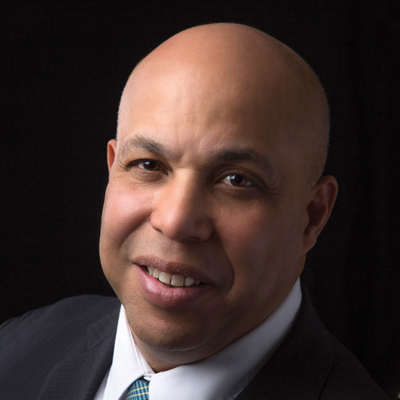Workers' Compensation
The Great Unknowns
Workers’ comp insurers face many uncertainties around COVID-related claims.
- Timothy Darragh
- January 2021
-





Surges in COVID-19 cases, questions about an economic rebound and uncertainty about the long-term effects of the virus will keep workers' compensation insurers on their toes in 2021, according to observers.
The major question surrounding workers' comp is whether the economy can bounce back from massive job cuts that took place when the virus exploded across the country, said Jeff Eddinger, senior division executive at the National Council on Compensation Insurance. Because of lower payrolls, overall claim volumes are down, he said, adding the NCCI is only now getting data from March and April.
Eddinger said after years of “unprecedented good results” in workers' comp, carriers were in good shape to handle COVID-19 claims this year. “The industry is well positioned to address this even without the fact that regular claim volumes are down,” he said.
For the month of October, Florida recorded 7,978 total indemnity claims in 2019, compared with 2,625 in 2020, according to the latest COVID-19 monthly report from the state Division of Workers' Compensation. The division said Florida workers' comp claimants in 2020 had 23,452 COVID-19 indemnity claims paid through October, and 10,471 denied or partially denied, it said.
But in Texas, workers' claims were up 22% for the period of January through August 2020, compared with the same time in 2019, its state Division of Workers' Compensation reported.

I think as unemployment benefits and eviction and mortgage moratoria expire, desperate employees or former employees will have every incentive to file workers’ compensation claims if they are suffering from COVID.
Michael C. Duff
University of Wyoming
As of Sept. 27, 2020, the Texas division said, insurance carriers reported more than 25,000 COVID-19 workers' comp claims and 100 fatalities. According to the report, the professionals most heavily hit were first responders and corrections workers.
Insurers accepted 48% of claims filed by those with positive tests for COVID-19, it said.
The results by states will be impacted by decisions in some jurisdictions to give essential workers the presumption that their infections occurred while on the job, said Jim Lynch, chief actuary and senior vice president of research and education at the Insurance Information Institute.
This past September, California Governor Gavin Newsom signed a bill creating two presumptions: one specific to frontline workers such as peace officers, firefighters, health care providers and home care workers, and a general presumption for employees who contract COVID-19 in the midst of a workplace outbreak.
As in other states, California saw cases peak in July with 14,658 first reports of COVID-19 injury, according to the state Division of Workers Compensation. They fell to 3,503 in October, giving the state a running total of 53,072 claims and 15,919 denials through mid-November, it said.
While a number of states expanded presumption rules to cover first responders and frontline health care providers, some “adopted more expansive categories of workers entitled to compensability presumptions related to COVID-19 exposures,” Employers Holdings President and CEO Douglas Dirks said in an earnings call.
“These changes will have a negative impact on ultimate losses for the workers' compensation industry, although we continue to believe our exposure to additional losses from enacted changes are likely to be less impactful given the classes of business we write,” said Dirks.
The NCCI is working with a modeling firm to determine future risks, Eddinger said. “We're experts in rate making. We're not experts in infectious diseases,” he said.
But with infections surging across the United States, workers' compensation claims obviously will follow. “I think as unemployment benefits and eviction and mortgage moratoria expire, desperate employees or former employees will have every incentive to file workers' compensation claims if they are suffering from COVID,” said Michael C. Duff, professor of law at the University of Wyoming. “Furthermore, in states that aggressively reopened and are currently experiencing virus-spiking, I think we are going to see many more claims.”
Even if vaccines are swiftly developed and deployed, Lynch said, it will take time for workers' comp insurers to rebound, since hiring is generally the last step businesses take as they recover.
For 2021 and 2022, he said, the III projects workers' comp growth of 3% both years, compared with 7% and 6%, respectively, for other lines of insurance, he said.
Scott Lefkowitz, a partner at the consulting firm Oliver Wyman, said he is more concerned about the “unquantifiable” long-term future risks for insurers.
“The risk that you have now is that we really don't know what the long-term impact of these claims will be on people who get it,” he said. “Are new disabilities going to arise that can trace back to this disease? If that's the case, that's a workers' compensation claim because the insurer will own that claim forever.”



























